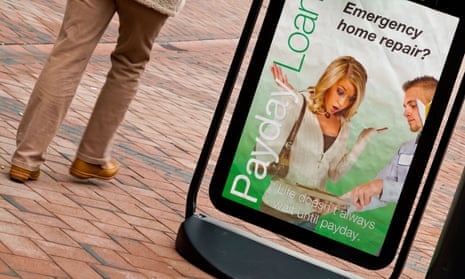With a government torn apart by Brexit and a country falling to pieces because of that government, Conservative MPs have a fallback they sometimes like to use as proof of their success: the UK has record employment levels. It’s a proud badge of honour they wear, fetishising work – it doesn’t matter what that work looks like or how much it pays – because it’s supposedly a sign that the economy is doing well. The thing is, people might be in work, but they’re also in debt.
Britain’s household debt has reached a new high. According to the TUC, UK households now owe an average of £15,385 to credit card firms, banks and other lenders. There might be some quibbling over what’s included in these figures. Unlike the Bank of England, in its calculations the TUC includes increasingly exorbitant student loans, which have eye-wateringly high interest rates. But even if we were to take those out of the equation – leaving debt at half that estimated by the TUC – the level of debt, the nature of that borrowing and why it’s being accrued spells trouble. In 2017, academic Johnna Montgomerie called it “one of the biggest problems facing the United Kingdom’s economy and society”.
Debt isn’t always bad. It’s wrong to continue buying into this idea when we’ve seen what the government’s slashing of budgets to get the deficit down has done to the country. But debt has been commoditised in a way that has made it key to economic “growth”, and there’s been a shift from the collective to the individual – households borrow more, the government less.
While the government commends itself on cutting back on borrowing, the essential services that people rely on every day are consequently affected – and those same people are then judged for getting into debt. It’s assumed they don’t understand how to manage their money or that they frivolously waste what they do have on things they don’t need.
Those in debt pay a heavy price: there’s the anxiety of having debt in the first place, and then repayments – including on high-interest short-term loans – hang over people’s heads, as their personal circumstances don’t improve in an economy that’s not designed to work for them. And then there’s the stigma of what taking on debt and not being able to escape it means about you: the personal failure it’s assumed to signify. Rising debt is not a personal problem; it’s a political one.
The debt crisis has longer historical roots, but it’s also been stimulated by recent government policy. Since 2010, wages have stagnated, or in some cases declined; in-work poverty has increased, as has the cost of living; and jobs have become increasingly insecure. Meanwhile, the government has been aggressively making cuts to state support and funding for key services.
In this climate, for far too many people, taking on a significant amount of debt isn’t a choice, but a necessity. They have to take out loans to buy household goods or for the basics they need to get by, like paying utility bills – and it’s the poorest households that suffer the most.
At the same time as household debt has been piling up, wealth is sloshing around at the top of society. Globally, the richest 1% own half of all wealth. Last week, just four days into the year, the UK marked Fat Cat Friday: the point in the year at which the average CEO of a FTSE 100 company has earned the equivalent yearly take-home pay of an average full-time worker. This is Philip Hammond’s “economy that works for everyone”.
Obsession with growth, no matter what that growth looks like or who it hurts, and alarming narratives about national (but not household) debt, obscure this worrying picture. “Recovery” and “job growth” built on the backs of people racking up debt is sign of a government that has no intention of redesigning the economy to benefit the majority. It’s hardly something to be proud of.

